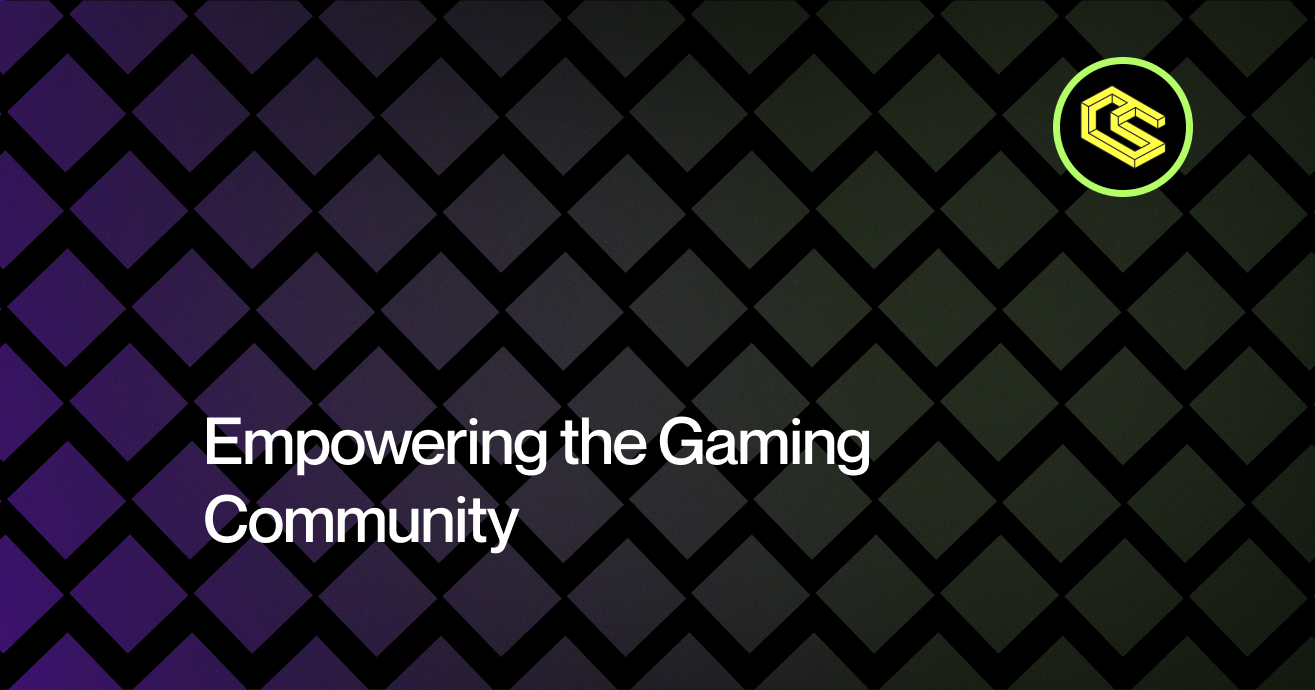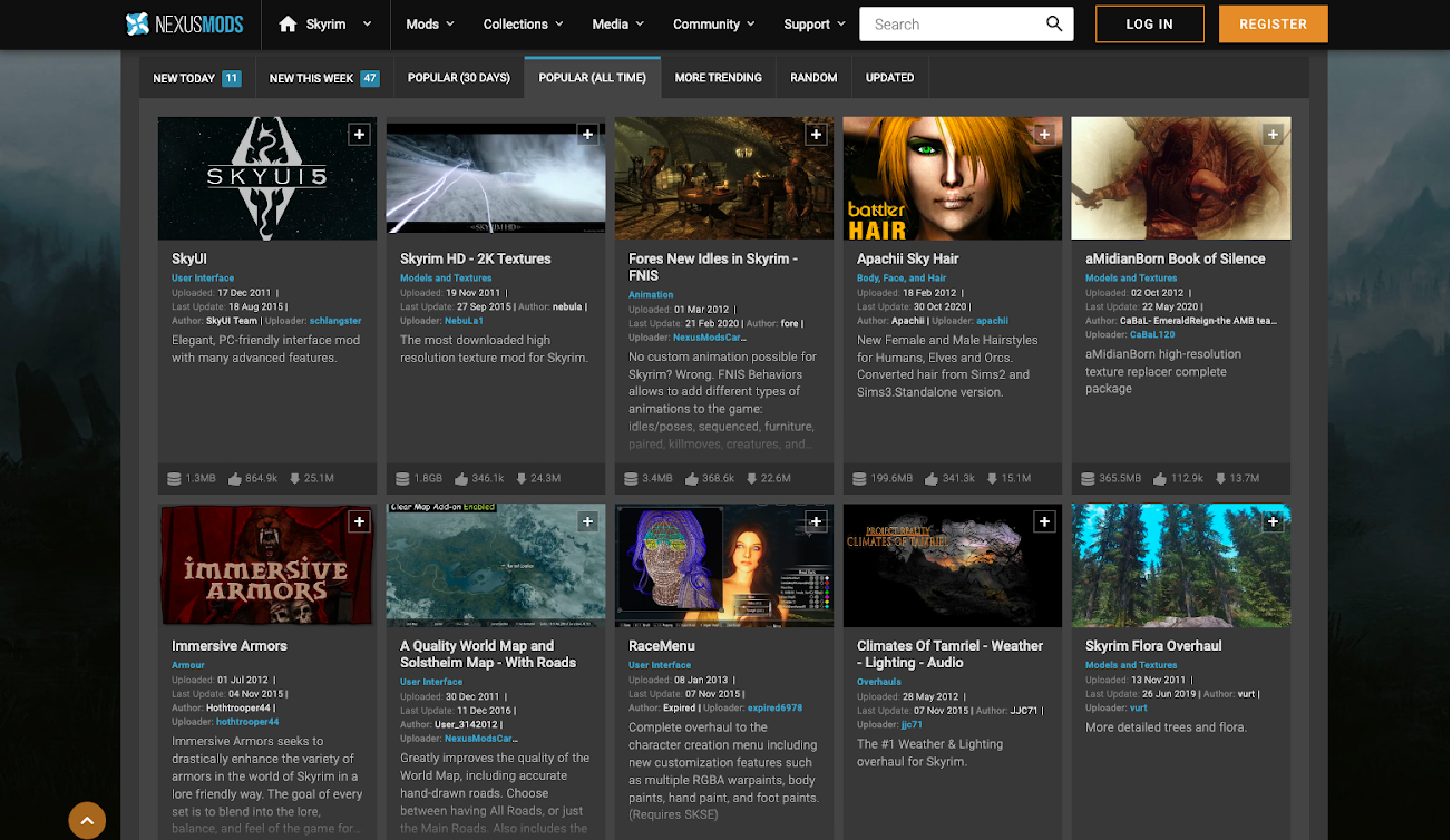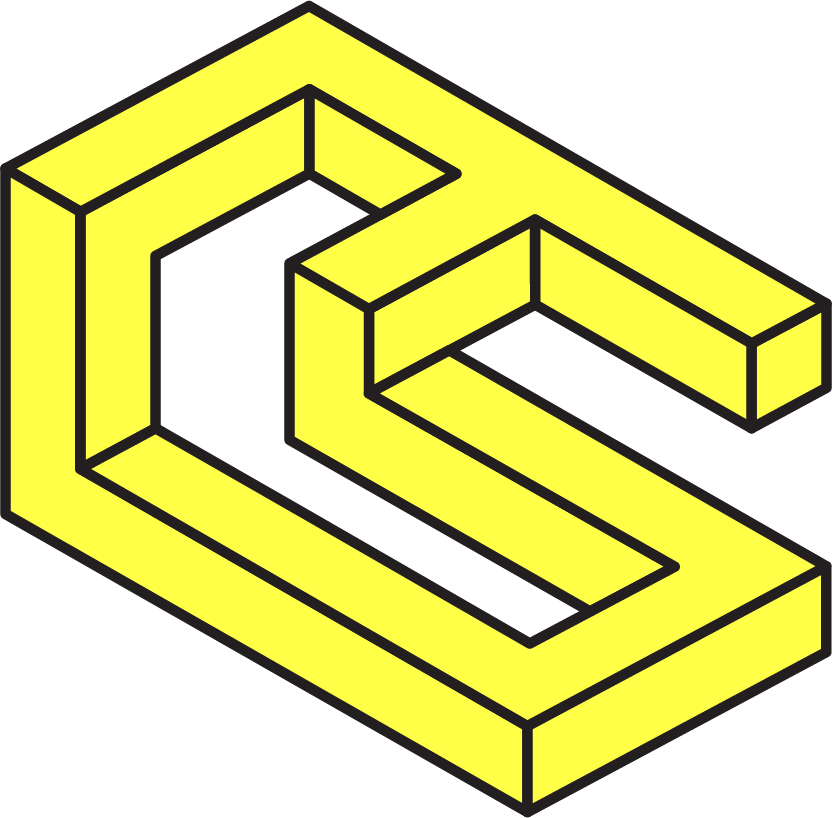From Modders to Makers: How Web3 Can Empower the Gaming Community

All for the love of the game, modders come together to build to their heart's desires. Co-authored by Martin Maurer
Modding video games have been a source of entertainment since the early 1980s with the advent of Castle Smurfenstein - a modded version of Castle Wolfenstein that replaces the enemy Nazis with enemy Smurfs.
For the uninitiated, modding is the practice of altering or adding content to a video game beyond its original design. Modders typically enhance or customize gameplay, graphics, or user interfaces. Some modders choose to entirely recontextualize the game's story or style (called a "total-conversion mod"), like Smurfenstein.
Modding naturally has become a vital part of the gaming community, influencing games like Half-life, Counter-Strike, Saints Row, GTA, and Minecraft. Eventually, the largest community of modders ever would amass around The Elder Scrolls V: Skyrim, which __ boasts over 40,000 available mods.
As avid lovers of The Elder Scrolls series, a few of us were pondering the possibilities that could have emerged if web3 had been available during Skyrim's development. By envisioning this alternative path, we can glimpse the potential for a collaborative and transformative modding landscape in gaming's next Tamriel.
The significance of mods
The Elder Scrolls, renowned for its vast lore and immersive worlds, has always been a playground for creative enthusiasts. Skyrim has been actively played since 2011 - here, modding is vitally responsible for Skyrim's longevity. Each fan-made add-on rejuvenates the game through updated graphics, new experiences or mechanics, or through outrageous conversions intended as pure entertainment.

The most popular mods made for Skyrim are texture packs and graphic overhauls. Mods that enhance the game's overall quality have allowed Skyrim to continue being one of the most-played games worldwide. Modders breathe new life into the game, ensuring the graphics and gameplay keep up with the times. In this way, modders are responsible for a significant amount of Skyrim's success.
In the not-so-distant future, modders may become more than post-release contributors. What if modders were positioned as foundational creators?
Infinite oasis
Modding is already a decentralized process. Increasing its security and interoperability through web3 is a good fit. Within this vision, we find the concept of an Infinite Oasis - an ever-evolving landscape that serves as a canvas for the community's collective imagination.
It works as a generation algorithm utilizing blockchain-based verifiable random functions, suggesting improvements and expansions, while trustless generation ensures fairness and transparency. The Oasis becomes a shared space where developers and modders collaborate, pushing the boundaries of game design and fostering a harmonious balance between curated content and community-driven exploration.
Oracles: The guardians of authenticity
In the context of web3, oracles are trusted data feeds that send information into the blockchain that smart contracts can utilize. They bridge the gap between the network and the outside world, ensuring that the data used in smart contracts is accurate and reliable.
In this web3 game world, oracles would serve as the guardians of authenticity. They would act as validators, ensuring that any mods or assets introduced into the game align with the established lore and world-building elements. This safeguard would prevent the introduction of out-of-place or lore-breaking mods that could disrupt the game's immersive experience. Within this idea, Skyrim would be a continuously-developed game world rather than a finite product.
For instance, if a modder wanted to introduce a new character or storyline into The Elder Scrolls universe, the oracle would verify that this new addition doesn't contradict established lore or disrupt the game's narrative flow. This function ensures that while the community has the freedom to create and introduce new elements, the integrity of the game remains intact.
Oracles would serve as a quality control mechanism. By validating mods and assets, they could ensure that only high-quality, well-developed additions make their way into the game. This service would elevate the overall gaming experience, ensuring that players only get exposed to content that enhances the game.
A thriving ecosystem of collaborative innovation
The rise of web3 and decentralized systems marks a transformative era for the gaming industry, liberating creators from traditional platforms to showcase their talents in decentralized markets.
These platforms provide a space for trading and sharing and pave the way for genuine monetization. Every armor design, every spell crafted, and every narrative twist can find its value, ensuring that creators get duly rewarded for their contributions. This economic empowerment, coupled with the freedom to innovate without boundaries, would inevitably lead to a surge in creativity. The result is an enriching gaming landscape with diverse and new, unique content every time you play.
Beyond individual empowerment, one of web3's goals is to foster a sense of genuine community. Collaboration becomes the norm rather than the exception. Modders, developers, and players can come together, sharing ideas, refining concepts, and co-creating experiences. Imagine a world where a player's suggestion today becomes a questline tomorrow (and without having to poke Game Director Todd Howard personally).
Modders from different continents may collaborate on building a new in-game region. Such a vibrant community, bound by a shared passion and enabled by decentralized tools, would redefine the very essence of game development.
The true beneficiary of this decentralized renaissance would be the game world itself. In this reimagined scenario, the game becomes a living entity, shaped and reshaped by the collective genius of its community. Players would find themselves in a realm that is in constant flux, with new adventures, challenges, and stories emerging regularly. This dynamic nature ensures that no two journeys are the same.
As mentioned above, Skyrim has been out for a long, long time. Technological advancements for graphics, non-player-character AI, and more could be introduced organically through a collection of worldwide, decentralized contributors as they become possible.
Today's hidden grove could be tomorrow's bustling town, and a peaceful village might soon become the epicenter of a grand storyline, all driven by the contributions of its global community. In this ever-evolving world, every login promises a new experience, a testament to the boundless potential of a more collaborative world.
The road ahead with ChainSafe Gaming
The gaming realm has always been one of innovation and evolution, and a vision of a web3-integrated game universe offers a tantalizing glimpse into the potential future of this industry.
ChainSafe Gaming stands at the forefront of making these dreams tangible, and while challenges lie ahead, the path is filled with exciting opportunities. With a strong vision for the future, hard work, and support from the community, web3 can bring this image to fruition.
Our goal at ChainSafe Gaming isn't to merely develop a toolset but to craft new connections. Connections between passionate modders and professional developers. Connections that transform players from participants to contributors. Our Gaming SDK, web3.unity, is a testament to this vision, offering decentralized tools that open up game development to any Unity developer.
While we're still working toward providing all the features necessary to complete the vision of an Infinite Oasis, today, our web3.unity SDK offers:
-
in-game NFT minting,
-
an integrated live marketplace,
-
voucher-based NFT minting implementation,
-
multi-platform support,
-
compatibility with multiple blockchains,
-
web3 and web2 logins,
-
digital signature verification,
-
and multiple token interactions for any Unity-based game.
Soon, with the help of these tools and many other features like them, the creation of a game will become a global endeavor, with ideas sourced from every corner of the world, ensuring a richness and diversity that previously was unattainable.
As we stand on the cusp of this new tomorrow, one can't help but wonder: How might other popular game series evolve under this new paradigm? How will the challenges of integrating blockchain with gaming be addressed? And most importantly, how will the balance between a game's original essence and community-driven modifications be struck?
Build with the web3.unity SDK
ChainSafe Gaming offers a drag-and-drop collection of tools to power your web3 game. Access these features today with our gaming SDK web3.unity!
Check out the 👉 web3.unity github to follow along as we build the tech stack for the next generation of games.
ChainSafe also offers 1-on-1 consulting services to get your project up and running🏎
Join our community!
If you have any questions, join our growing community over in the #🕹 gaming-general channel in the 👉 ChainSafe Discord.
About ChainSafe
ChainSafe is a leading blockchain research and development firm specializing in protocol engineering, cross-chain interoperability, and web3-enabled gaming. Alongside its contributions to major ecosystems such as Ethereum, Polkadot, and Filecoin, ChainSafe creates solutions for developers and teams across the web3 space utilizing expertise in gaming, interoperability, and decentralized storage. As part of its mission to build innovative products for users and improved tooling for developers, ChainSafe embodies an open source and community-oriented ethos to advance the future of the internet.
Website | Twitter | Linkedin | GitHub | Discord | YouTube | Newsletter
Thanks to Evan Wells and Colin Adams for their contributions to this article!

